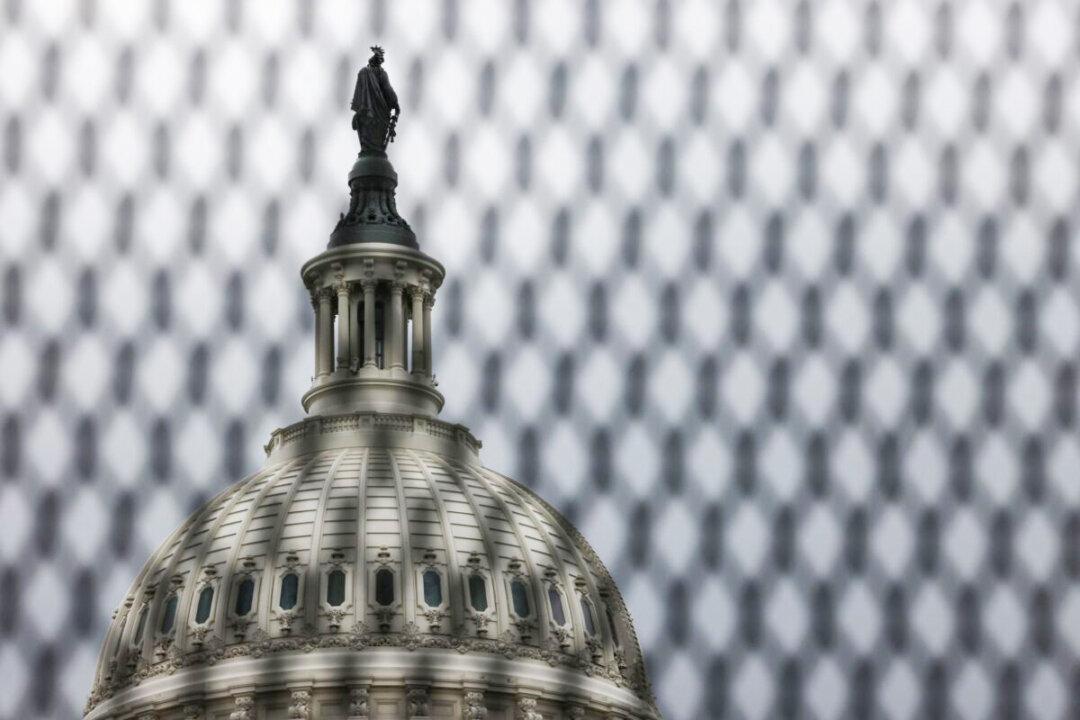Long-anticipated legislation that would ban lawmakers and other senior government officials from trading stocks got a boost on Sept. 22, as House Democrats released a legislative framework seeking to close loopholes, cut conflicts of interest, and make penalties for noncompliance more painful.
Rep. Zoe Lofgren (D-Calif.), chair of the Committee on House Administration tasked with reviewing deficiencies in the current financial disclosure system, outlined the framework in a Sept. 22 letter to fellow Democrats.





